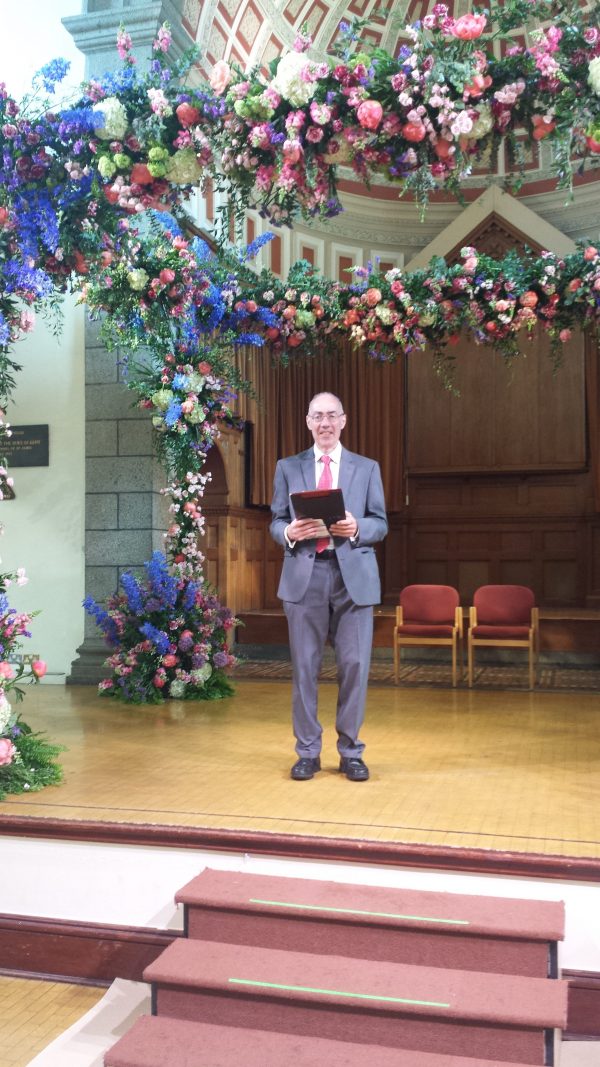Customer satisfaction should be any supplier’s bottom line. Under almost all circumstances.
The minimum
Things can, and do, go wrong. Most people understand this. It doesn’t matter how careful you are.
What matters so much is how you respond when something goes awry.
Some suppliers will pass the blame to others. Some deny responsibility. They may even argue and accuse the client of being unreasonable.
That solves nothing.
Suppliers need to remember the adage: “the customer is always right”. If a client is unhappy, the supplier should be concerned. It’s important to listen closely to the complaints and understand the issues.
It may be possible to rectify the problem quite simply and quickly. The vital thing is to resolve it, preferably, graciously. The supplier should acknowledge the matter. An unreserved apology is a good starting point.
Then, can they put it right? This shouldn’t cost their client any extra money or time, either, and the supplier may even have to accept a loss.
The important thing is that, by making it up to the customer, the supplier accepts responsibility and resolves to try and avoid a repetition.
They may well be given a second chance.
My goal
I am not alone in believing that a supplier should aim for “value added plus”. It’s not just a question of satisfying the client, or putting right potential mishaps, but of delighting them.
Shortly after conducting a wedding for a lovely couple, I received this e-mail:
“The ceremony was perfect and flowed seamlessly, our guests also commented on how much they liked Michael and how the whole ceremony was conducted.”
So what should a supplier be doing, to make that ceremony “perfect”?
The Secret?
Of course, there’s no magic formula – not least, because each profession and each supplier is different. However, there are a few principles that will apply generally.
In my field as civil celebrant, I encourage and ask a lot of questions in our initial meeting or conversation. The client may be nervous and needs to appreciate what I can offer. I certainly need to understand their true vision. On occasion, I need to scratch beneath the surface.
If they don’t really know what choices are available, it’s my job to explain them.
I aim to ensure that my clients normally understand my process. That involves sending them drafts that they can change, if they want. It includes payment terms, Ts & Cs., and what I do – and do not – offer. It’s important to be transparent. If there are likely to be any extras, then I’ll be up-front about it.
I don’t want the client to receive any unpleasant surprises. Especially on the big day. I ensure that they approve beforehand every word that I am going to utter at the ceremony.
On occasion, there might be a lot of time between agreeing the ceremony and the big day itself. Keeping in contact – even irregularly – gives peace of mind. It can also serve as a nudge if the client still has something to do (eg write their own vows!).
It’s also important to be accessible, patient and helpful throughout the process.
On the day, I always try to arrive in very good time, check everything carefully and do what I have to do calmly and without fuss. I shall have practised the ceremony, so I can expect to present it professionally and beautifully. I always remember that the event is all about my clients, not about me. I aim to keep them calm and happy.
If you want to find out more about how I can deliver that “wow” factor, please give me a call! A “perfect” ceremony is by no means impossible!

